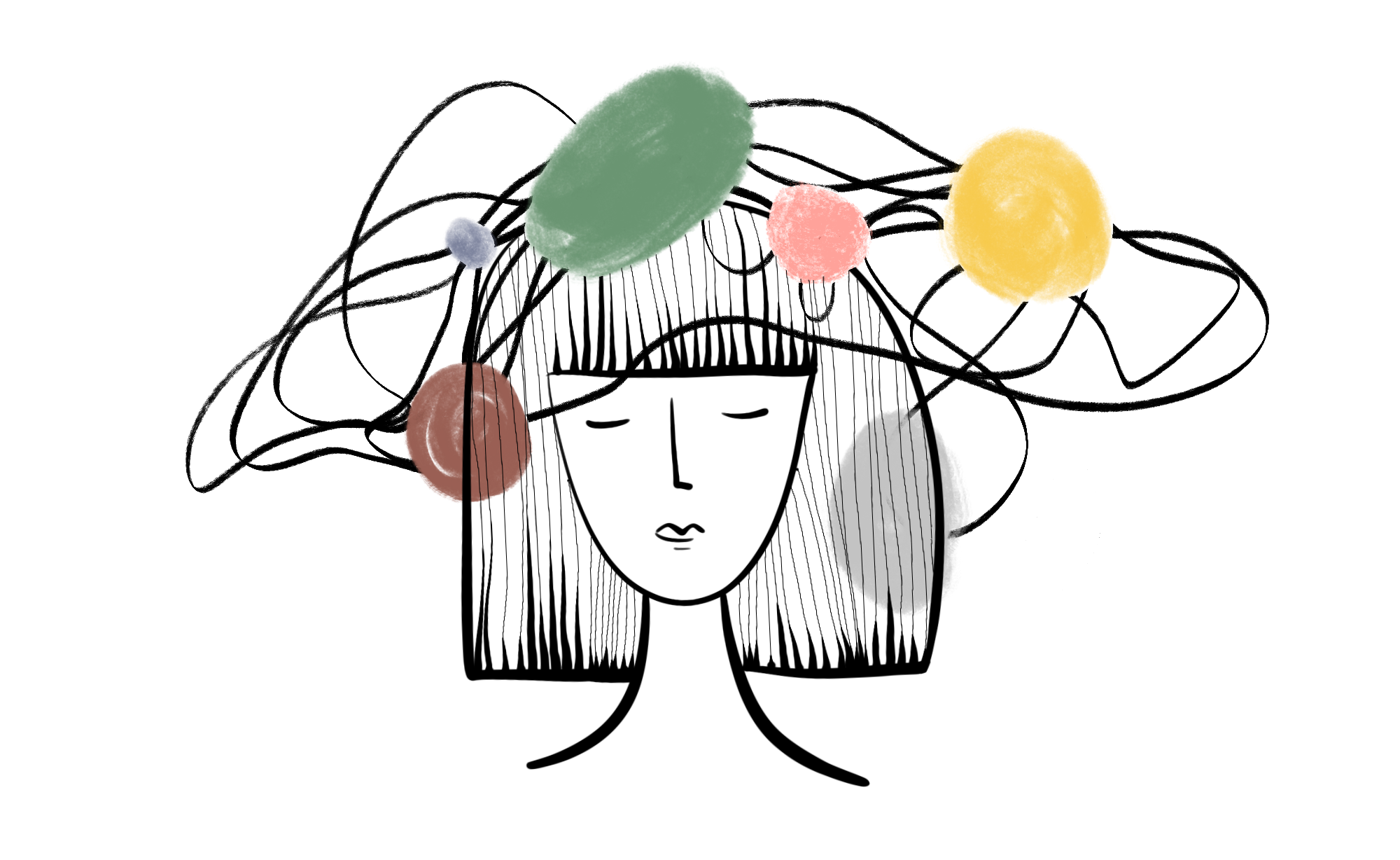
If you have also partaken in the life struggle of adding ‘have better time management’ or ‘stay focused’ on your list of New Year’s Resolutions, this article is for you.
Much to my family’s joy, I do tasks and fail to finish them because I’m not interested in the ‘loose ends’. I am a touch late to most events (which I am not proud of, though I have significantly improved), and this is also something that I have been trying to un-learn for the past 19 years. My family and I have come up with so many ideas over the years of how to improve these skills, and I’m happy to say that some have actually stuck! So, for your own personal improvement, here they are.
Have a to-do list that suits you and what your eyes are attracted to. I know to-do lists are the most basic suggestion ever, but I have a slightly different outlook on them. I like to take a looser approach: they are things that need to be completed, but not necessarily within a certain time frame. This takes the pressure off and I’m far more likely to do them just because I want to make a fresh list and replace it with new things. It also saves my skin because they’re useful for writing down things you’re likely to forget, and they put urgent tasks out of your mind and onto paper. The important thing is that your list looks appealing so that you’ll want to use it. I like to have an official to-do list pad with boxes that run alongside the space to list the errands so that I can put a neat ‘x’ alongside instead of messily crossing it out. You could colour-code it, have a priority system, or even design your own each week.
Switch up your focus playlist on a regular basis. Listening to music when you work can absolutely help – but it’s important that it helps you get into an immersive space, not a distracted one. Some people can block out music with lyrics but for me personally, this is impossible. I prefer switching between binaural sounds (these can actually help with headaches and nausea too – they’re really cool!), classical, soft jazz, generic café ambience, fire and thunderstorm sounds, and sometimes lo-fi. Switching it up each study session allows maximum focus because you’re less used to the rhythm, pace, and style. Obviously, it depends on what works for you, but you know that it has been successful if you completely forget you were listening to anything in the first place.
Use the Pomodoro technique. This is a great way to organise your study session with minimal consideration for how long you have left until your next break. There are loads of them on YouTube where you just click the play button and it’ll change the sound when it’s breaktime (usually every 25 minutes or so).
There are some really cool experiences on there – you can study in the Great Hall in Hogwarts, or in a Victorian library, or a snowed-in cottage with a grandfather clock, and it provides the sounds to mimic the ambience. Just search up the ‘Peaceful Ambience’ channel.
Set alarms. It’s a common suggestion, but you can take it one step further. If the thought of having to create a brand-new alarm for every single thing you need to remember puts you off, I’d recommend creating what I call a ‘flexible alarm’. This will have a really out-of-date label from whenever you created, but you just keep changing the time and day of it to remind you of whatever you needed to do. The sound itself is all you’ll need to trigger the memory of what you set it for!
Sometimes, just admit defeat. A key component of maintaining focus and productivity is acknowledging that sometimes, you just aren’t in the right mindset. Some peoples focus comes in bursts and that is just the way your brain works. Deferring your work to later is sometimes going to be the best solution. If you feel you can push then do because trust me, the earlier your work is done, the more peace of mind your will have. That being said, if you are really forcing productivity then your work will be of lower quality and you will undoubtedly retain less. So sometimes, just give up and tick a different thing off your list instead.
Keep you eyes on the work-life balance that you’re striving for. Sometimes, all I need to motivate me is telling myself ‘I’m going out tonight with my friends. Just picture that happy feeling knowing that I have worked productively all day and now I am celebrating’. Work hard, play hard is the best policy!
Completely turn off your phone during times of intense focus. If you have your phone facing up, you’ll be distracted when you have a notification. If you turn your phone facing down, you’ll pick it up just in case there is a notification. Not necessarily because you’re addicted to your phone, but because you just want to procrastinate by doing anything except your assignment. Also: DON’T USE IT IN YOUR BREAKS. Jumping from one screen to another is not a break! However, seeing how long you can hold a handstand for, or listening to a song that you have had in your head all day, or irritating someone in the room next door, absolutely is.
If you aren’t the most focused person in the world, try not to beat yourself up. It’s about finding methods that work for you and suit the way your brain works. If it means setting an alarm for every single thing you need to do, so be it!